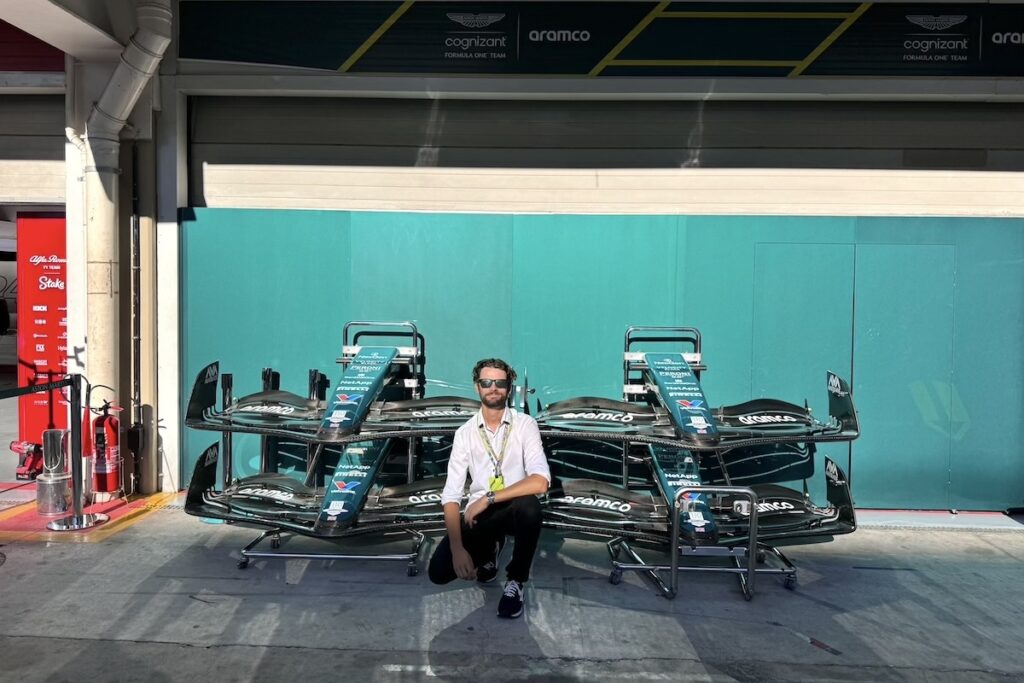
Meet Dan from Australia, who has been part of the team setting up and running fan zones at F1 races around the world since 2017
- Images provided by Dan Pears
- In a new series of articles, we speak to people who travel the world working in Formula 1. We learn about how they got their job, what their role entails and what it’s like to work and travel for up to nine months of the year.
Dan Pears was only 19 years old and living in Perth, Western Australia when he sent in an online application for an F1 role with a UK-based events company. He had some relevant skills and experience, but it was still a leap of faith for both Dan and his new employer when he moved to the UK in 2017 to take up a position with Events House.
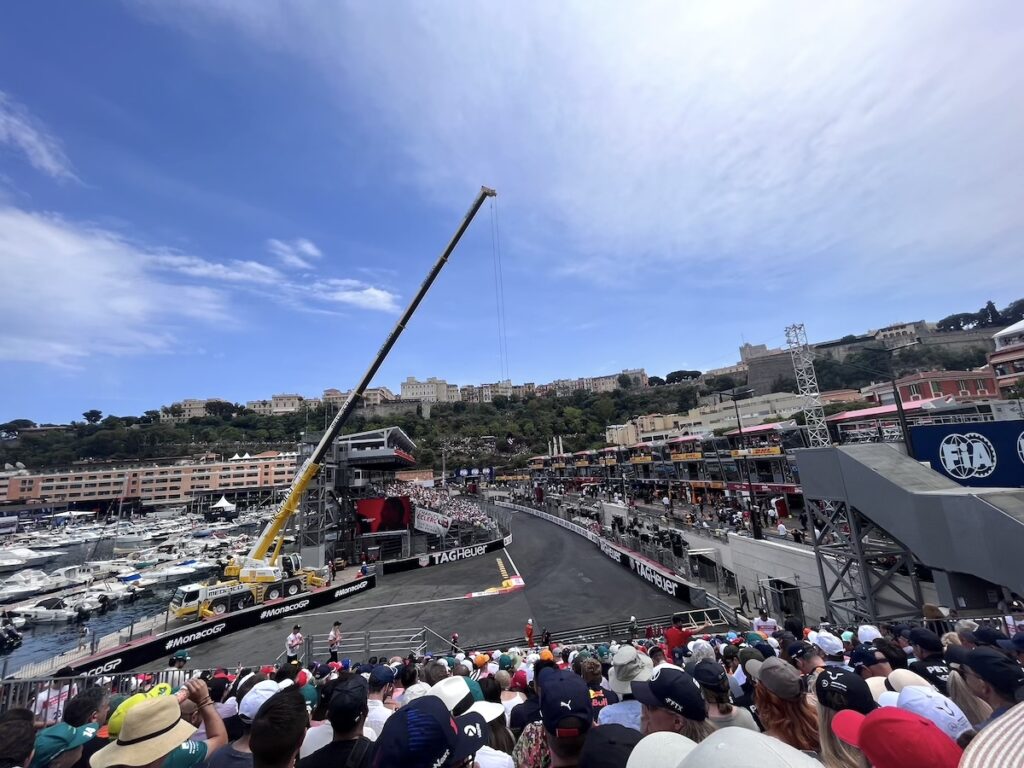
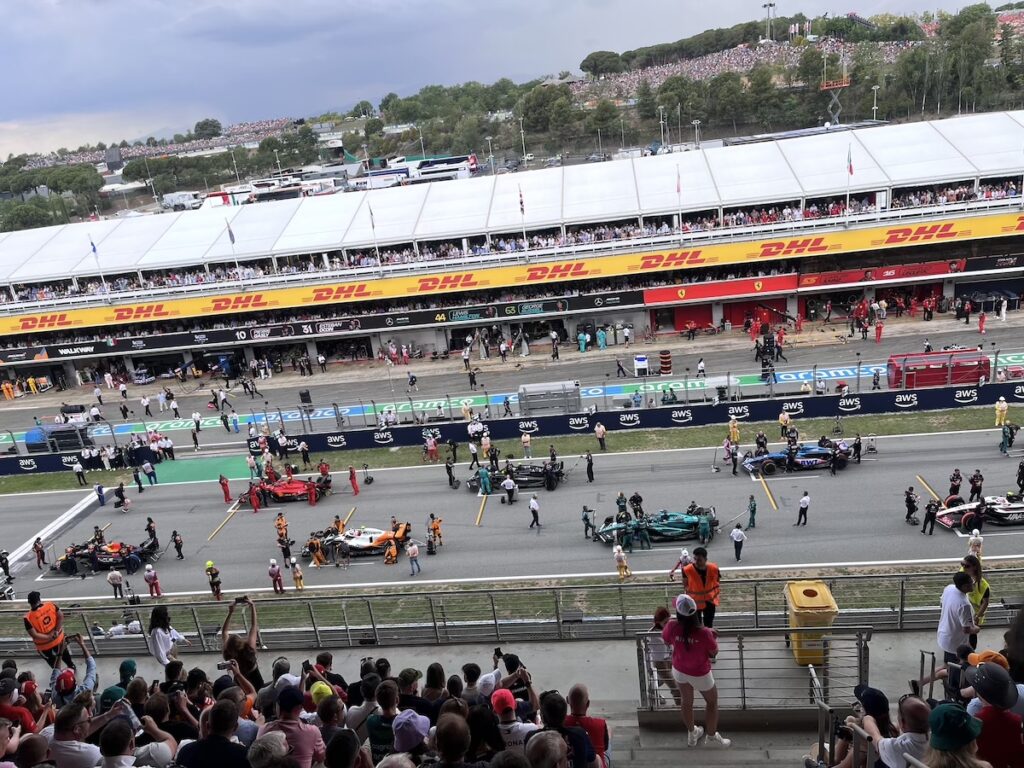
Seven years later, Dan remains with the company as an Activation Manager, responsible for setting up and running simulators in fan zones at Formula 1 races all around the world. Dan worked at every race except for one last season, and has racked up an impressive tally of 66 F1 races worked, a number that would be much higher were it not for the pandemic. He’s stepping back a little in 2024 with plans to ‘only’ work at 14 races this season, giving him more time to focus on growing his simulator business in Australia.
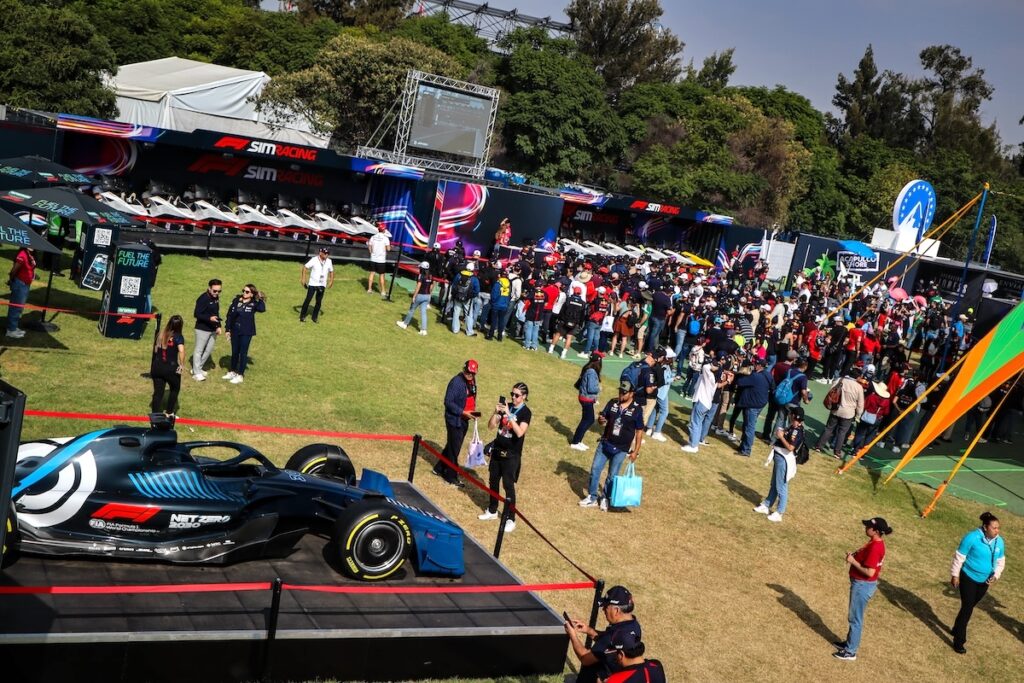
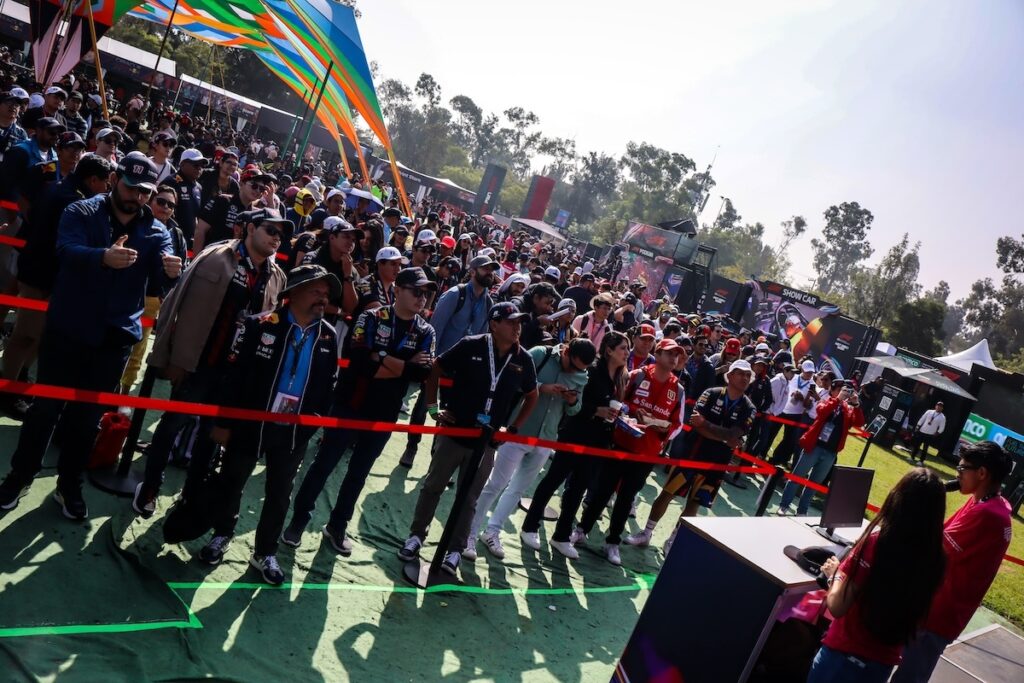
How did you get the job?
I found the job listing online. I didn’t have actual work experience associated with simulators, but I’d been sim racing myself for years and I knew how they worked. I was actually studying for a Screen and Media diploma at the time, which I never finished because I was offered the job. The catch was that I first had to travel from Australia to the UK and successfully complete a one-week trial. I remember being thrown in at the deep end when I started, which often happens with event work. You either sink or swim, and luckily I really enjoyed it and was not afraid to put in the long hours that are often required. It was a risky decision to move to the UK for this job, but it really worked out, because I’ve been working in F1 for seven seasons now.
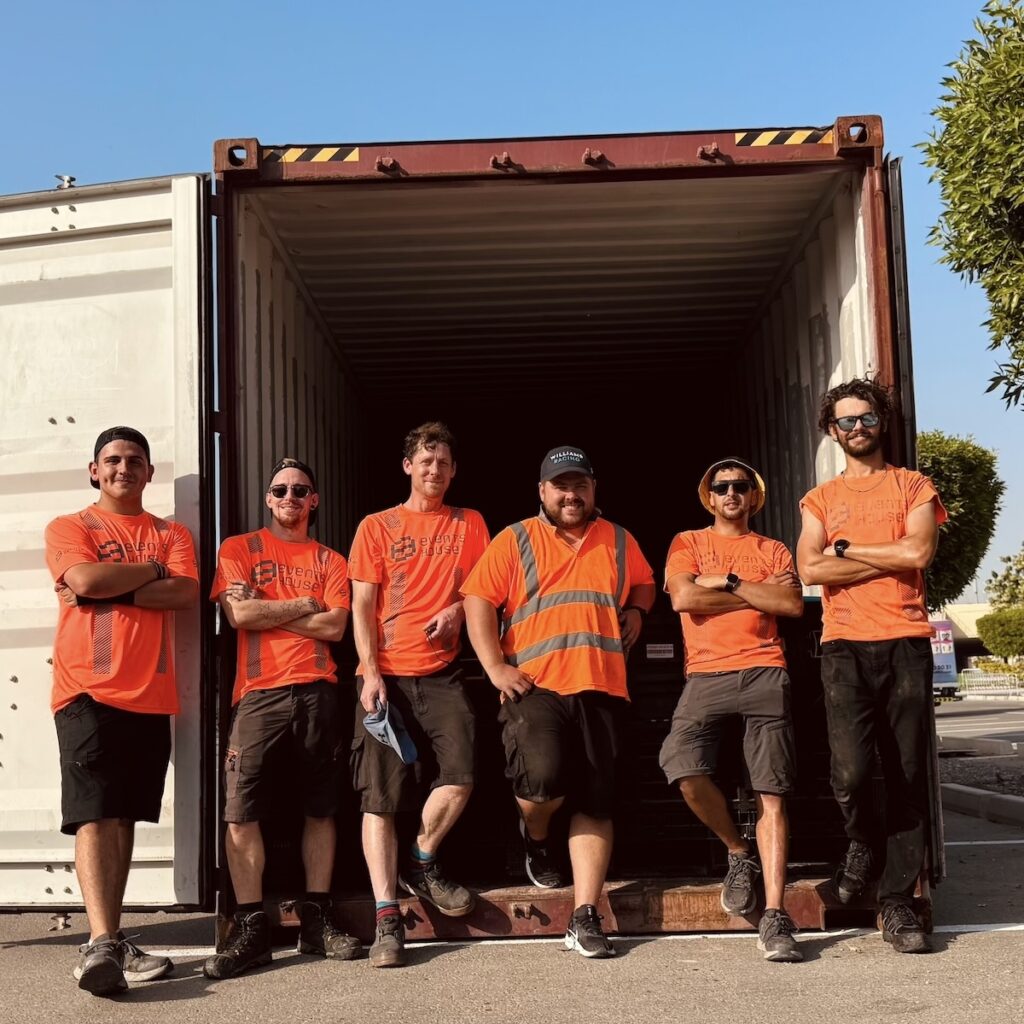
Where are you based?
I’m currently based in Perth, Western Australia. The company I work for is from the United Kingdom, and I have lived in London on and off for the past seven years. When I got the job, I was able to get British citizenship through my Dad’s side of the family, which also helped. I was only ever based in London during the F1 season. I’ve always come home for a few months during the off-season, and I also spent an extended period of time back in Australia during the pandemic.
London was a good base when I was traveling to almost all the races, but I’ve decided to do less races this year. For the races I’ll be working at this year, which are mainly in the Middle East and Asia, Perth is actually a pretty good base.
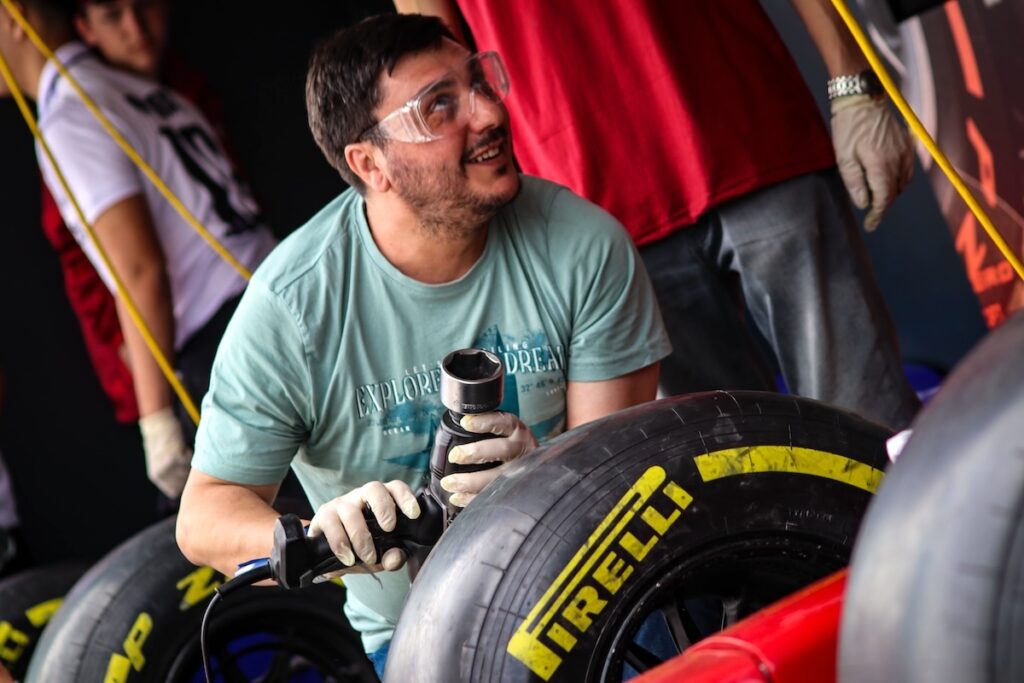
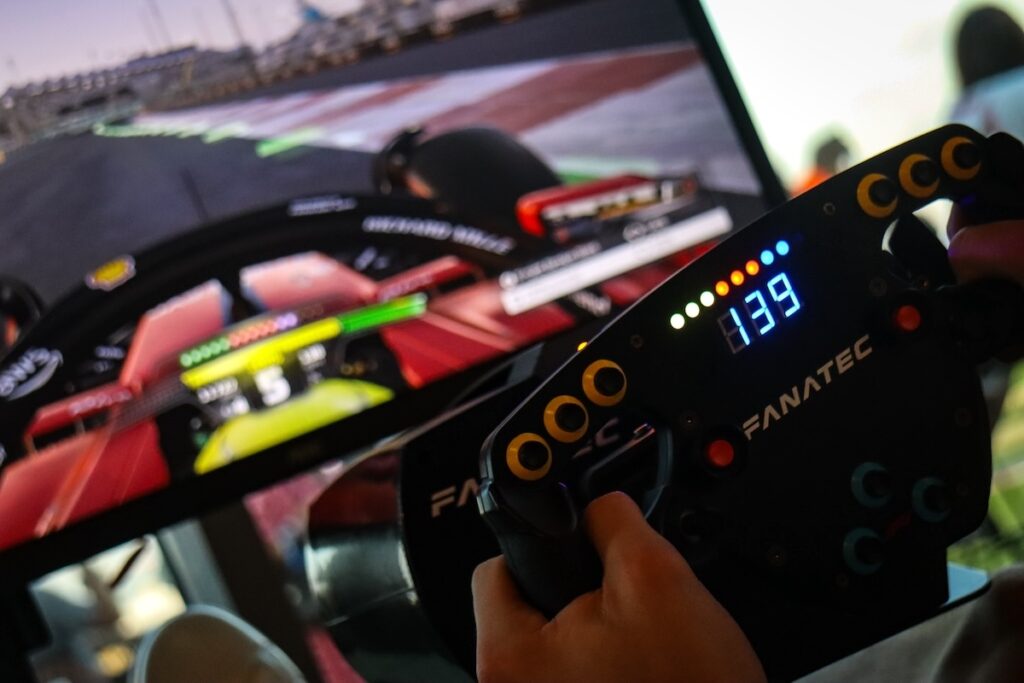
How does a typical race week look for you? Describe your role.
We normally land on Monday evening or Tuesday morning and get straight into setting everything up. It’s a big job to put together the fan zone. It can take 2-3 days of hard work to get everything ready.
We normally have a team of about 6-10 people setting up the fan zone at each race. We also have to set up simulators in hospitality suites like the Paddock Club. Some races are bigger and have multiple fan zones, so we will also have some local contractors helping out. We all help each other out during the set up and pack down.
When the fan zone is open we focus on our own area. In my case, that is running the simulators. F1 have their own staffing agency, so we will also be allocated a certain amount of staff at each race to help run the fan zone. We split those people between our activities and train them up on how everything works. I run the simulators, but our team is also responsible for pit stop challenges, show cars, F1 podium and other displays in the fan zone.
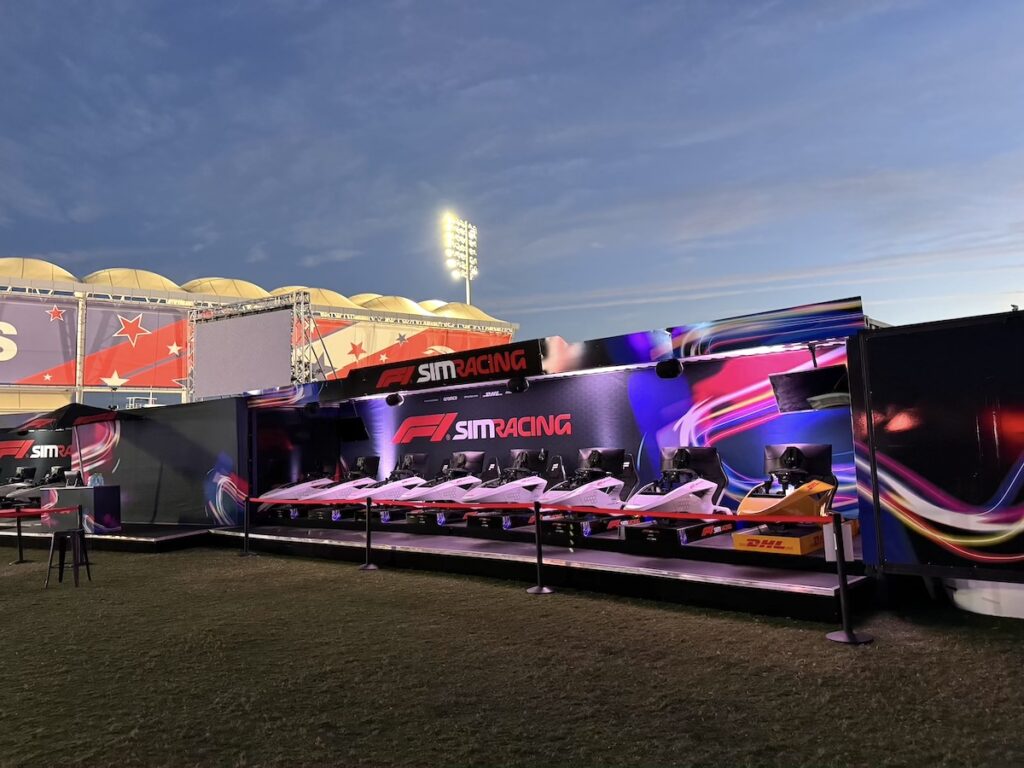
We’ve normally got 8-16 simulators set up in the fan zone. We run regular competitions and I’m often on the microphone, working the crowd. Sometimes we have F1, F2 and F3 drivers come and make an appearance. We also gather the fans with the fastest times together for a sim race on Sunday, just before the actual race. The winner normally gets a Paddock tour as a prize.
And after the race finishes on Sunday, we start to pack down. It takes us 1-2 days to pack up the fan zone and get everything ready for the next race. We normally fly out on Monday night or Tuesday after the race.
Do you ever get any free time at the track or in the host city?
At the track, not so much. The fan zone is quiet when the F1 cars are on the track, so I sometimes get the chance to watch the cars and take some photos. Videography and photography was just a hobby of mine before starting to work in F1, but I’ve been able to make it part of my job now as well. My company will ask me to take some photos or make a video of the fanzone.
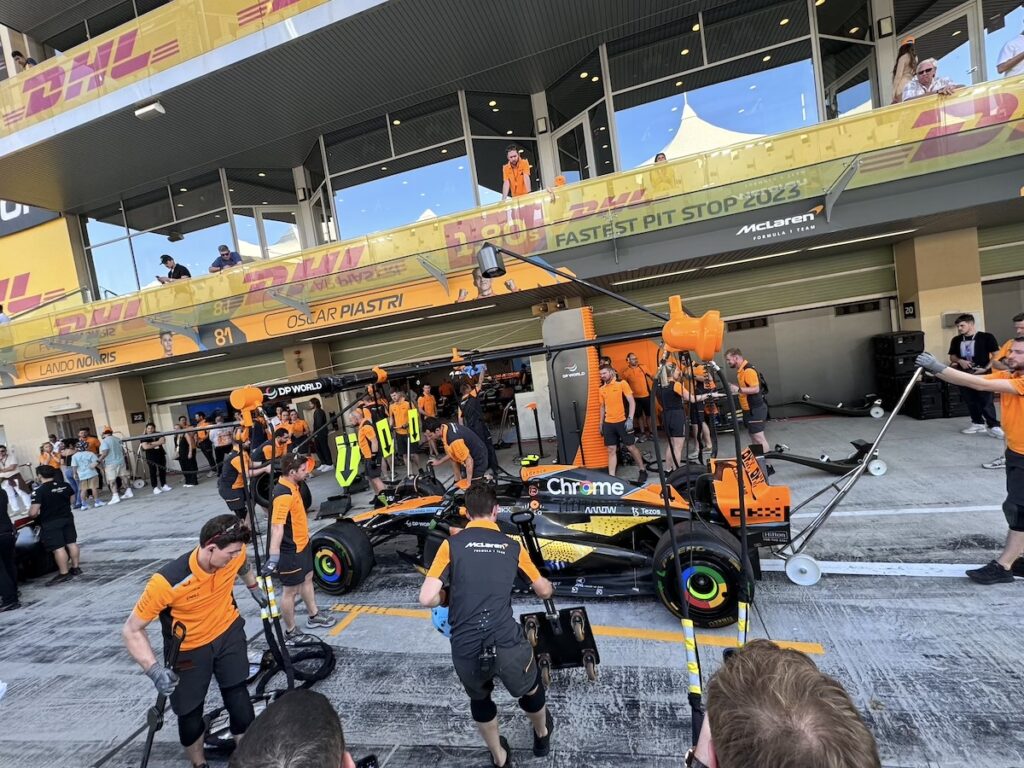
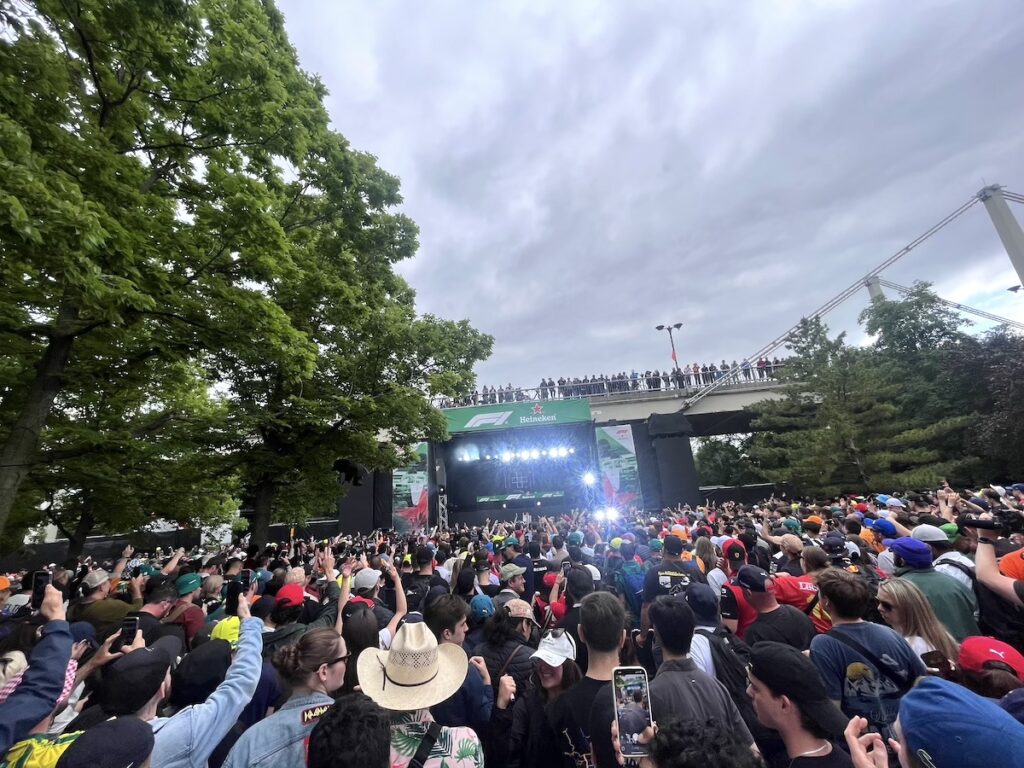
We also get some time off at night and we can go out for dinner and have a few drinks. But there are exceptions. I remember getting zero time off all weekend in Miami last year, mainly because the logistics of getting to and from the track were really difficult.
Do you ever get the chance to stay a bit longer in the race destination and be a tourist?
Not really. 90% of the time, we fly in, do our job and then fly out again. Last year, the only place where I got to really be a tourist for a few days was in Bologna [after the cancellation of the Emilia Romagna Grand Prix]. We had already set up the fan zone at Imola when the race was canceled due to local flooding. After packing everything up, we had a few days to explore Bologna before traveling on to the Monaco Grand Prix.
What happened to your job during covid?
We were all set up in the fan zone at the Australian Grand Prix in Melbourne [March 2020] when the race weekend was canceled and the whole world started to shut down. I was based in the UK at the time and I was supposed to go back there. But I knew the borders were going to be closed, so I decided to stay in Australia. I got my colleagues to pack up my belongings in the UK and put them in storage. It was definitely the right decision, because it took around 18 months before we returned to the track to run the fan zones.
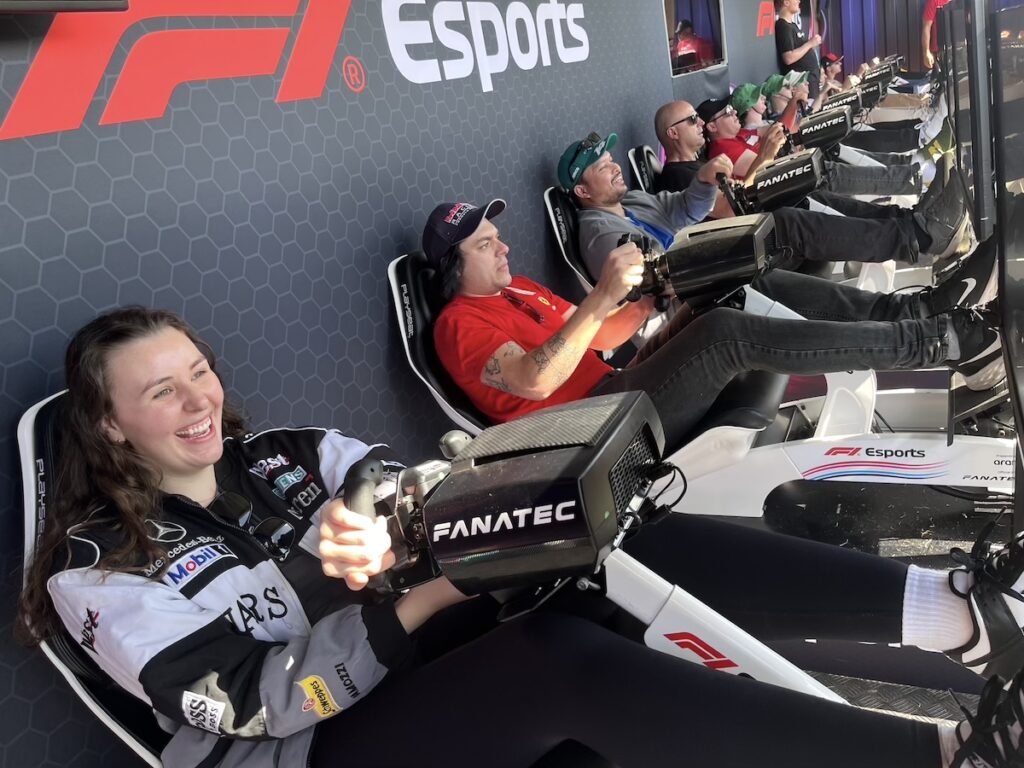
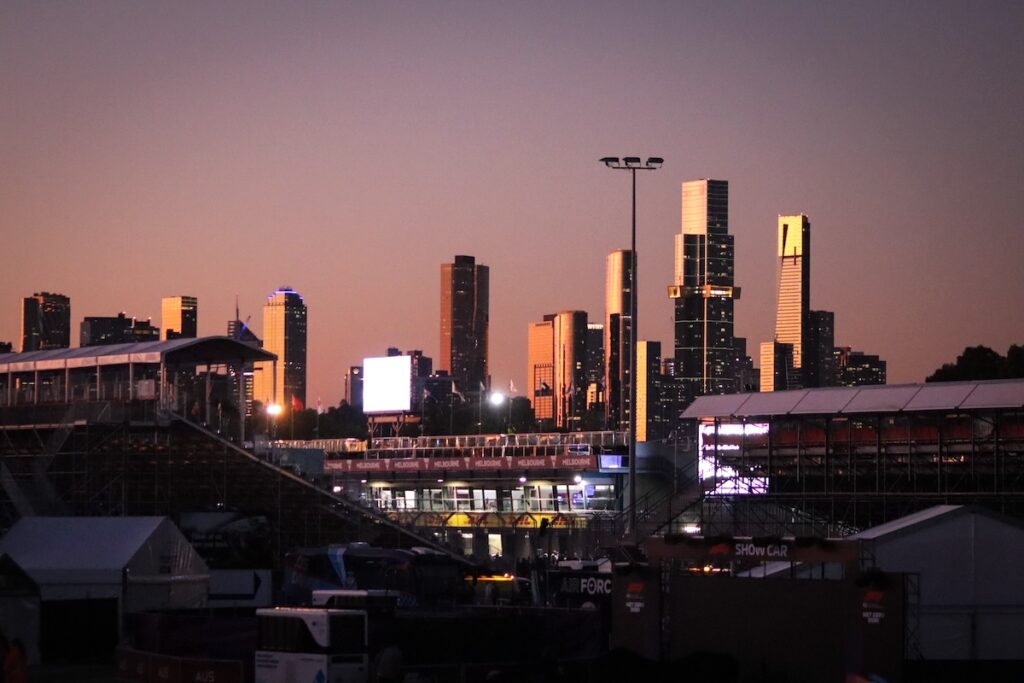
You’ve worked in fan zones at every race on the calendar. Where are the best ones?
I really like Melbourne and Silverstone, because there’s always lots of things to do for the fans when they are at the track. Not many restrictions about where you can go, like at some other circuits. They also have concerts inside the circuit. Silverstone especially is like a music festival, and a lot of fans are camping next to the track. At some other circuits, they have the concerts outside the circuit and everyone has to leave the circuit soon after the race finishes.
What’s the most challenging aspect of your job?
The constant travel can be really tiring, especially when it involves long-haul flights, time zone changes and jet lag. We also work really long hours at the track – 12 hours a day minimum. The set up and pack down can also be really physically challenging. The fan zones are nearly always outside and open to the elements, so we also have to deal with all kinds of weather. Back to back races are the most challenging, as we have less time to pack down and move everything to the next location. That means working through the night on Sunday after the race.
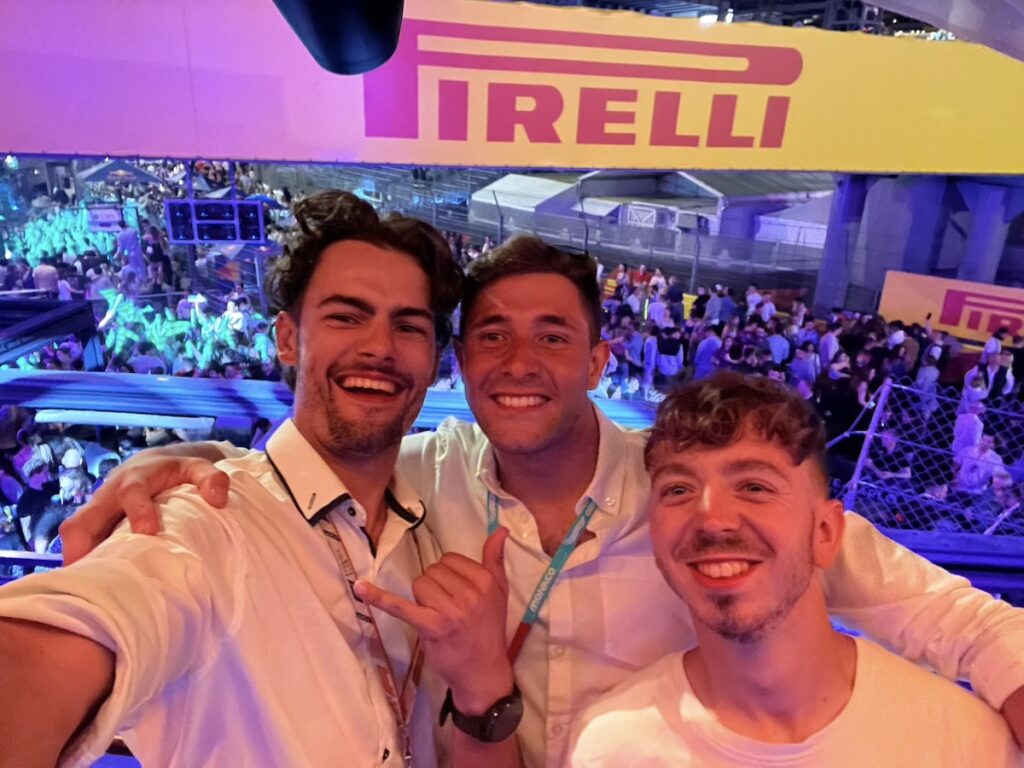
What are your favorite races?
It’s got to be my home race, the Australian Grand Prix in Melbourne. I don’t have to travel far and Albert Park is a great circuit. The city is close by and there is always something to do or somewhere to go out. I’m also more relaxed working at my home race.
I also love the Austrian Grand Prix for the scenery. It’s just gorgeous. You can see 90% of the track from the grandstand seats at the top of the hill [at the Red Bull Ring]. I only worked the Monaco Grand Prix for the first time last year, but I also really enjoyed the general craziness and parties there on race weekend.
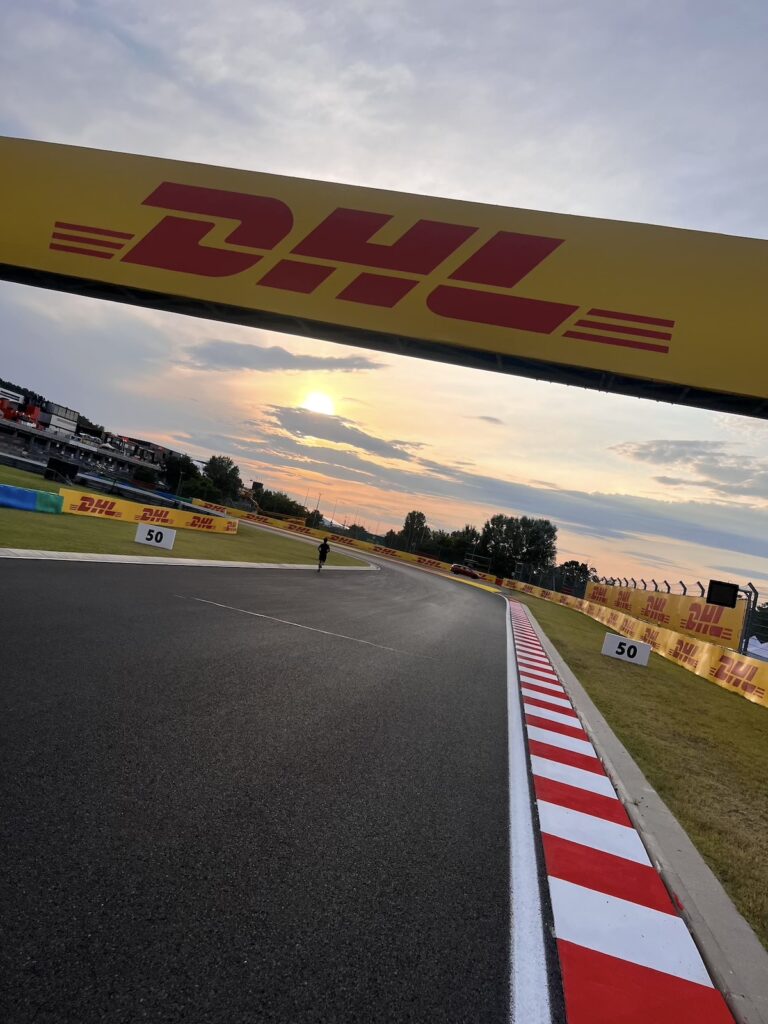
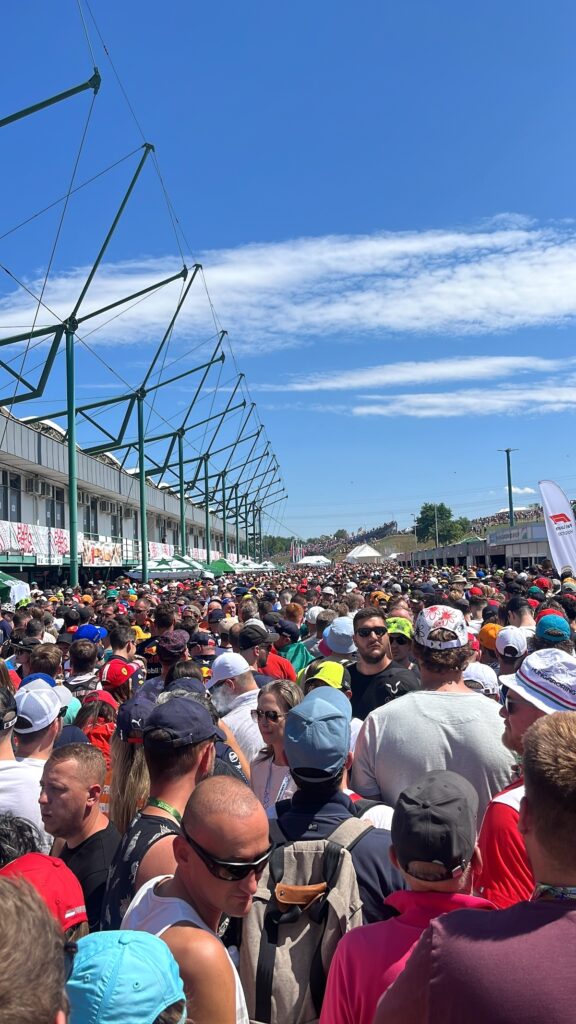
For nightlife, you can go past the United States Grand Prix in Austin. We always stay downtown, right off 6th street. That race is a big party race for everyone working in F1. I also saw Queen play at COTA last year, which was awesome. Budapest is another highlight. The weather is great and the city is very affordable. It’s somewhere I’d love to return to for a city break when I’m not working. I’d also love to return to Japan as a tourist.
What about your least favorite races?
Qatar last year was really challenging. The heat and humidity were brutal, and then on top of that you had some organizational issues. The security and the police at the track were very hard to deal with as well.
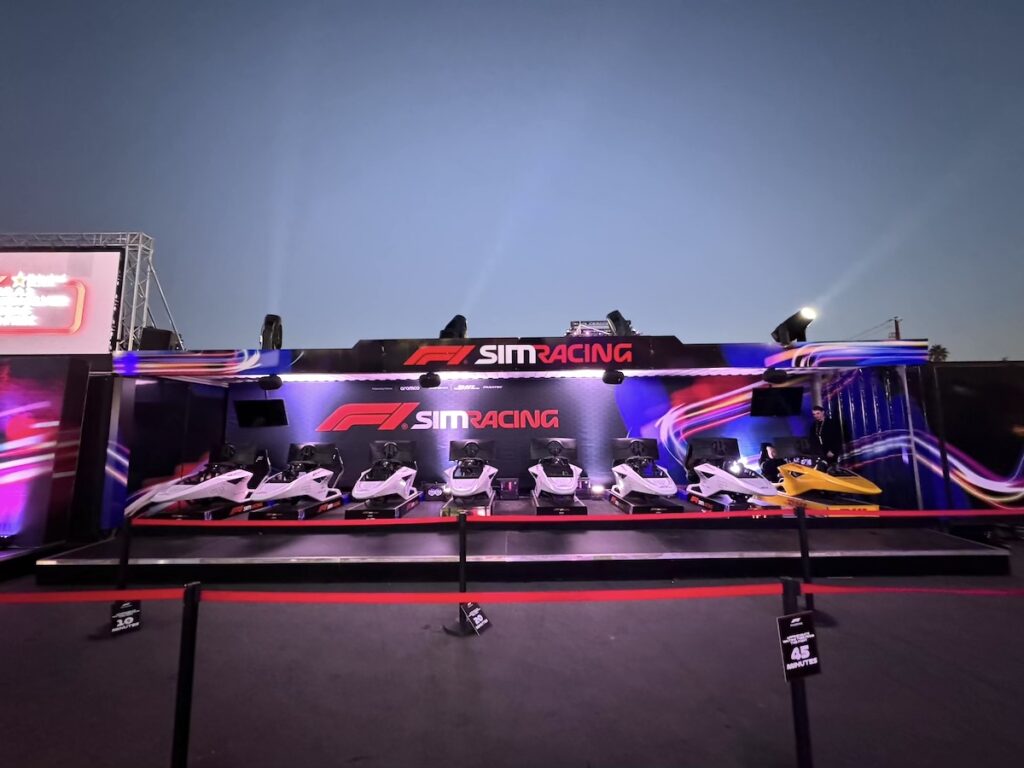
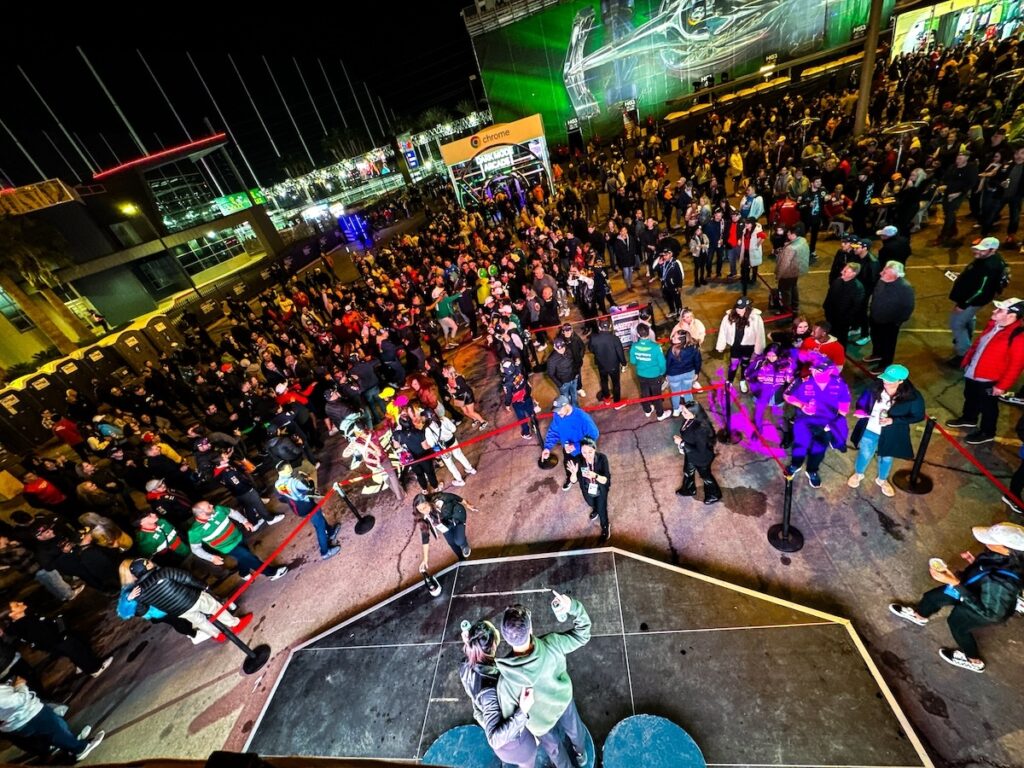
The Las Vegas Grand Prix last November was also a tough race. Not only was it a new event, but the logistics at the circuit were really hard. Our team had activations in different fan zones around the track, and getting from one place to another was really time consuming and frustrating. They didn’t have enough access points for staff working at the event. Having said that, it was also a fun race to work. Because the on-track action was late at night, we had some extra time during the day to see the city .
I already talked about Miami, but the logistics of getting to and from the circuit can also be difficult at other races. The traffic in Mexico and Sao Paulo is really bad. France used to be terrible for traffic management, and Belgium is not much better. There’s often a lack of communication between the race organizers and the local police, and sometimes it would be nice to be able to be able to cut the line, given that we are there to work.
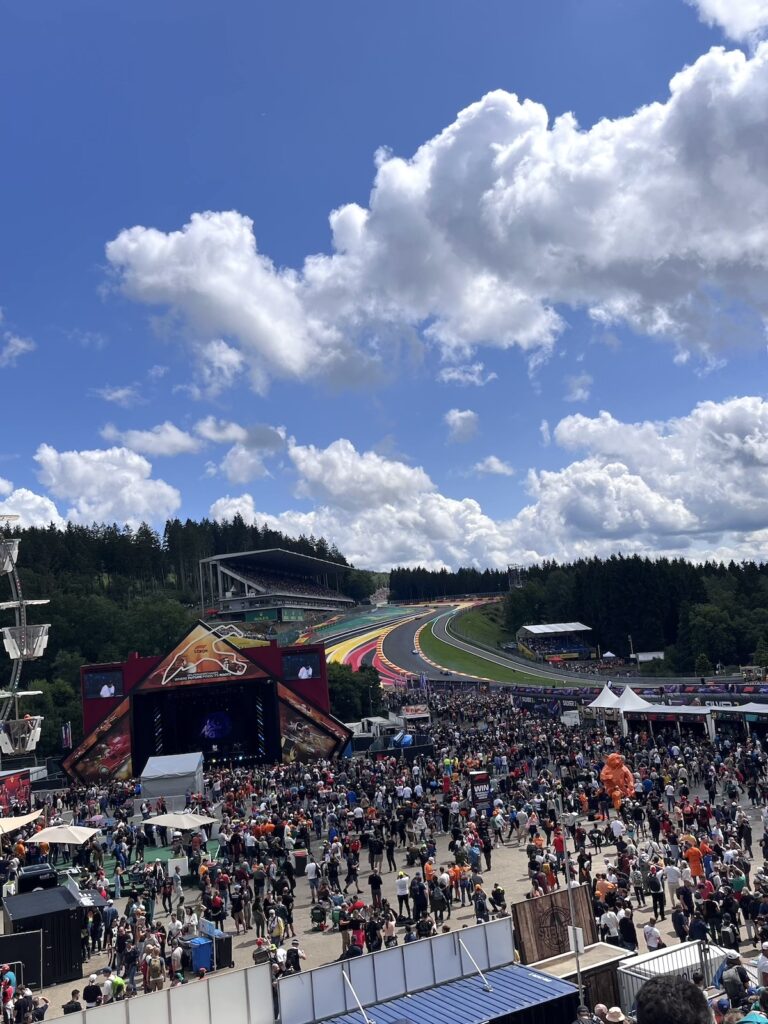
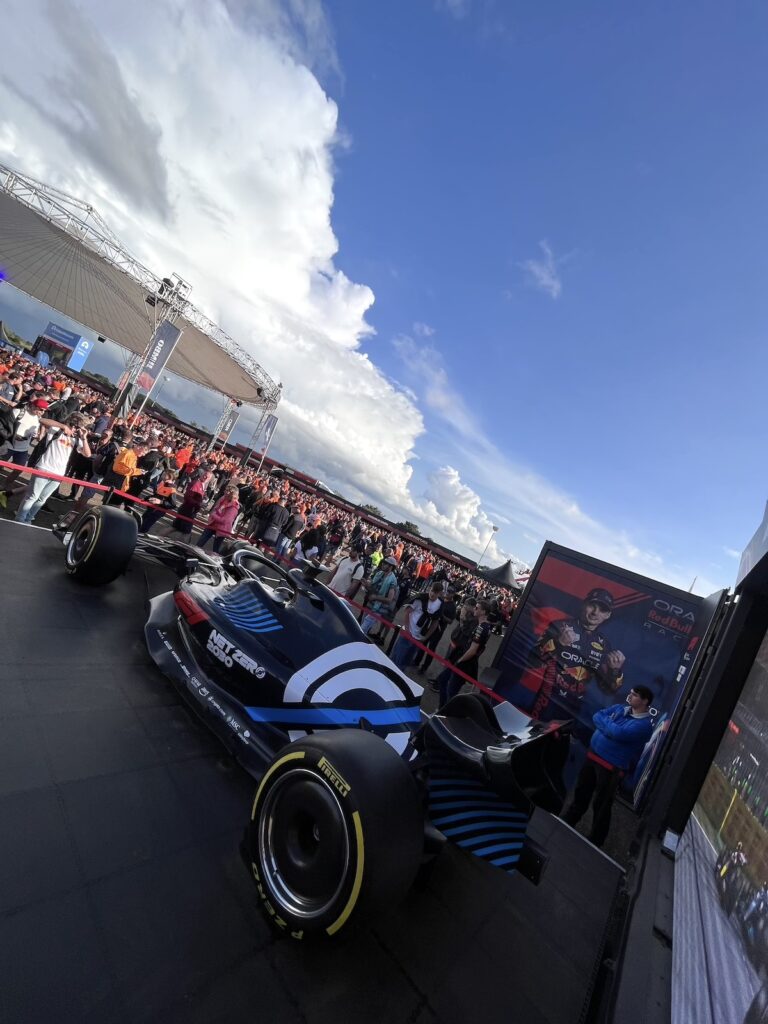
What are the best parts of your job?
I feel very privileged to work in one of the world’s most prestigious sports. I get to travel the world, I get to meet and work with F1, F2 and F3 drivers, and I get to watch and sometimes photograph the cars on the track.
Any advice for someone who would like to get a job in Formula 1?
Do your research and put the work in. Decide what role you want and work towards getting the right qualifications and experience. Look at other forms of motorsport for experience. Look for job vacancies online, but also don’t be afraid to send in your CV and apply anyway, even if there are no current opportunities being advertised.
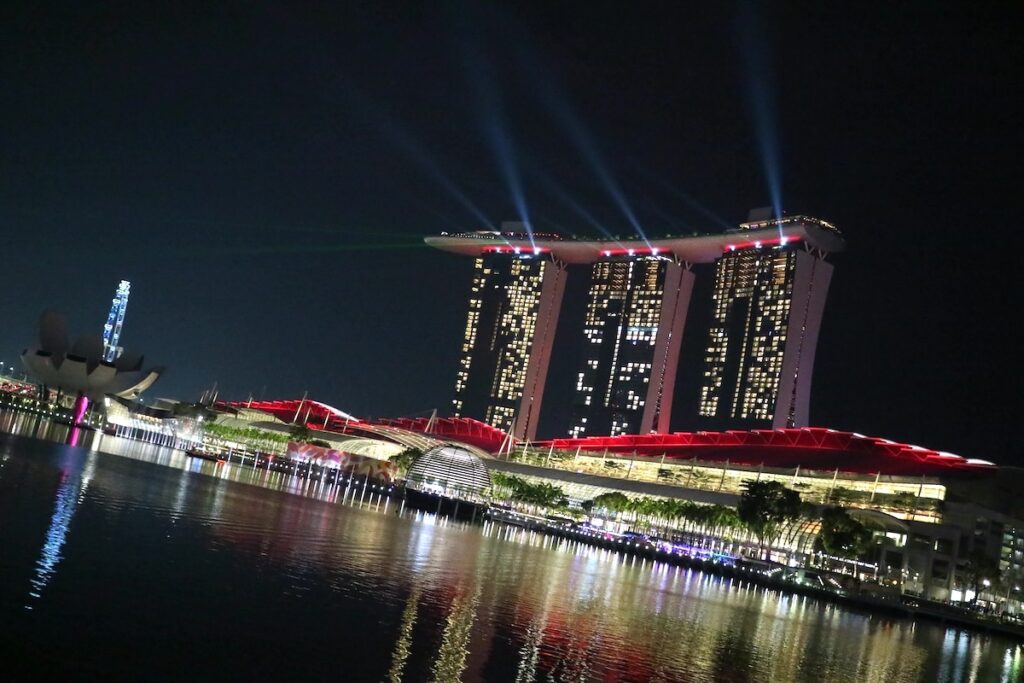
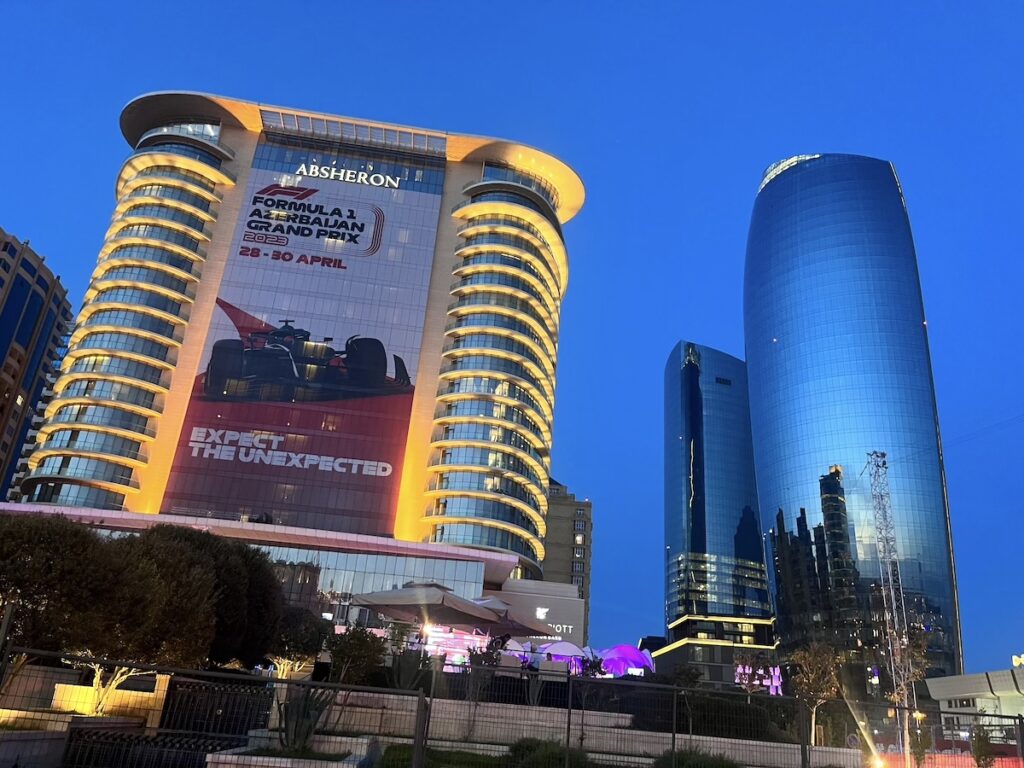

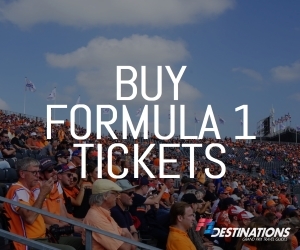

Awesome article and great photos,
Sounds like an amazing adventure, albeit a very busy one. Good on you Dan, a great read. 👍